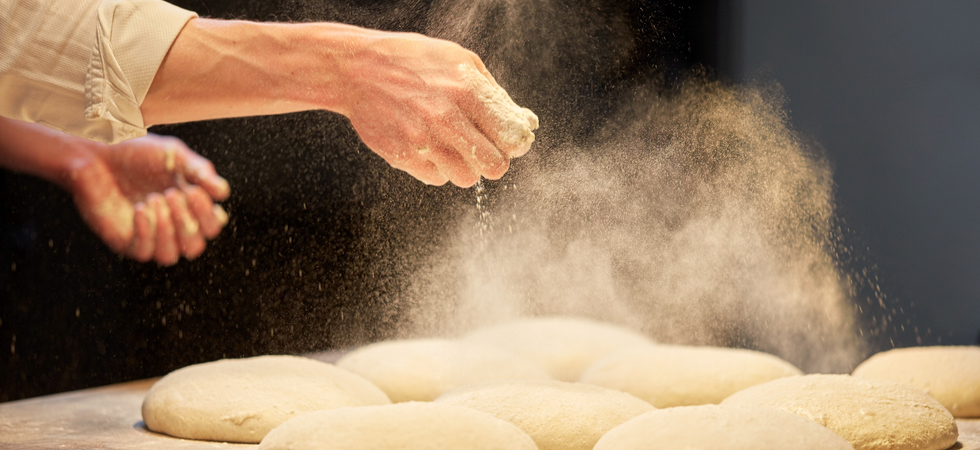The second quarter was a mixed bag for food and drink manufacturers, with some sectors expanding and others shrinking, according to the latest report by the Food and Drink Federation.
Sectors included as part of the FDF analysis:
- Meat and meat products
- Fish, fruit and vegetables
- Vegetable and animal oils and fat
- Dairy products
- Grain mill and starch products
- Bakery and farinaceous products
- Other food products
The report found that all sectors of the UK food industry contracted apart from dairy, grain mills and bakery subsectors which saw a 2% growth compared to the first quarter of the year.
According to FDF, oils and fats shrank by 9%, with the shortage of oils due to the war in Ukraine likely to be a factor.
Compared to pre-pandemic times, the dairy and bakery sectors are now significantly larger than they were before the pandemic, while all other sectors are smaller than they were at the end of 2019.
FDF said that the UK economy was in “a precarious position”, with household consumption falling by 0.2% and GDP dropping by 0.1% in the second quarter.
It added: “With inflation expected to accelerate in months to come, higher mortgage rates and a fresh rise in the energy cap in the autumn, consumption will continue to slow.”
Pressures increase
Inflationary pressures for manufacturers increased. In June, food ingredients produced in the UK were 14.3% more expensive on the year (up from 10.5% in May) and imported ingredients saw a rise of 23.2% (up from 21.4% in May).
Industry labour shortages are also increasing, with 6.3 vacancies for every 100 jobs in Q2 – up from 5.2 vacancies in Q1 – and almost 50% higher than in UK as a whole, where the Q2 vacancy rate stood at 4.3.
FDF reported that manufacturers are “trying hard to contain [cost] rises”, through cuts to advertising and investment. However, it warned that that “there are limits” to this action.
It explained: “Some will have to be passed on (food prices were 9.8% higher in June than a year ago) to keep firms financially viable.”
Investment outlook
Business investment in the UK food industry was 5% below its Q1 2022 level, 19% below Q2 2019 level and 29% below Q2 2021 level.
FDF said that the decline in business investment is “worrying”. It added that an “extremely uncertain economic and political outlook” means significant investment projects are being kept on hold and the negative impacts of slowing investment will be felt for years.









